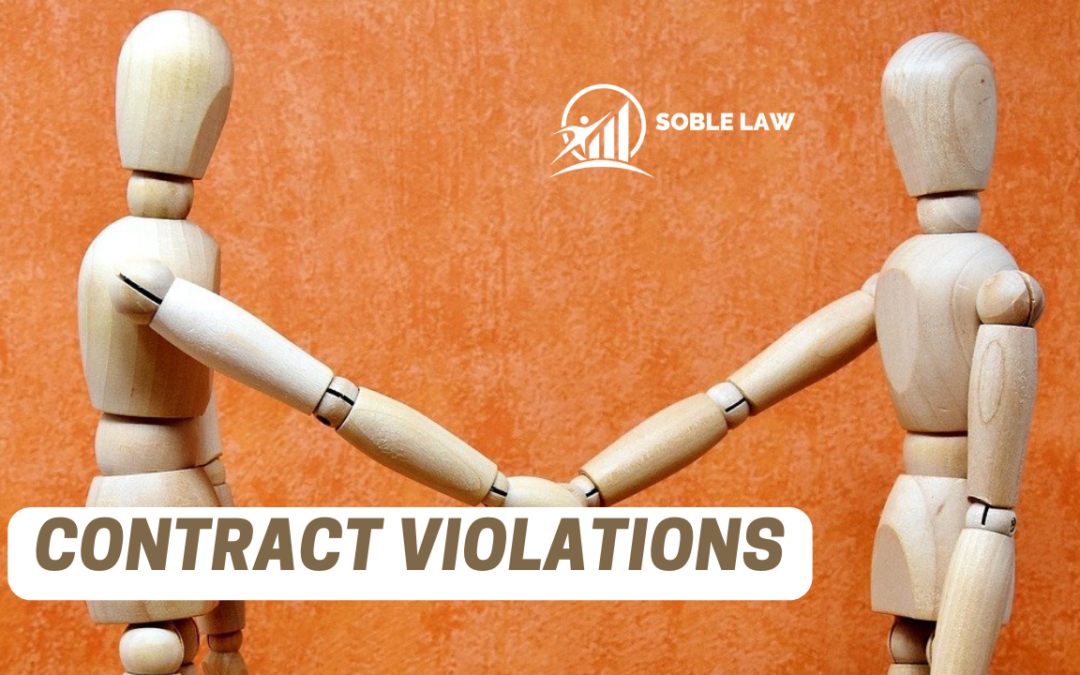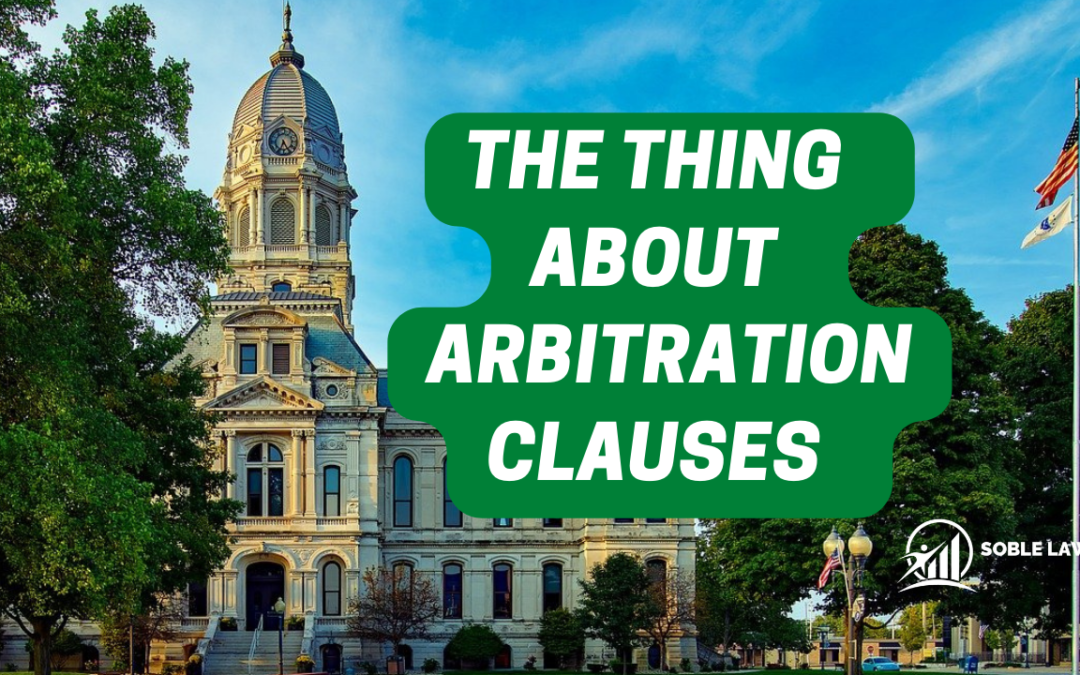SELLER’S DISCLOSURE STATEMENT
Consider this scenario: The Sellers were having problems with their furnace. They had different heating contractors inspect and attempt to fix the furnace. Some said the furnace should be replaced, while others would make repairs that would last temporarily, only to be called back again when the furnace would again cease to work. Finally, after a month of frustration, a furnace contractor figured out that the furnace drip pan had a crack in it. He told the Sellers that the crack caused a water leak that created condensation. The condensation shut off the furnace several minutes after each ignition. The contractor told the Sellers that after replacing the drip pan, the furnace should work fine, and it did. No further repairs were needed thereafter.
About a year later, the Sellers listed their property for sale. They stated in the Seller’s Disclosure Statement that they had replaced the drip pan on the furnace and that it was working fine. Six months after the sale, the furnace finally went out — this time for good. The Buyer had to replace the furnace due to a faulty circuit panel. The furnace contractor the Buyer hired (not the same contractor who repaired the drip pan) told the buyer that he had worked on this same furnace about a year earlier and that it had problems. After the Buyer replaced the furnace, he sued the Sellers for failing to disclose the repair history and condition of the furnace.
Question: Are the Sellers responsible to the Buyer for failing to disclose the repair history of the furnace, when the Sellers believed in good faith that replacing the drip pan had fixed it?
Michigan Seller Disclosure Act
In Michigan, sellers of owner-occupied residential property up to 4 units, are required by law to complete a Seller’s Disclosure Statement. Regarding a home’s condition, there is often confusion on when and what needs to be disclosed by a seller to a prospective buyer. Under the Michigan Seller Disclosure Act, the transfer of any interest in real estate consisting of not less than 1 or more than 4 residential dwelling units by: sale, exchange, land contract, lease with an option to purchase, any other option to purchase, ground lease coupled with proposed improvements by the purchaser or tenant, or a transfer of stock or an interest in a residential cooperative is subject to the seller disclosure requirements of the Seller Disclosure Act.
Under the Michigan Seller Disclosure Act, the transferor of real property must deliver to the transferee a seller’s disclosure statement. In this statement the seller must disclose the condition of the property and any other information concerning the property that is known to the seller. Each disclosure required by the act must be made in good faith. Essentially, the Seller Disclosure Act only requires a transferor to honestly disclose information known to the transferor at the time the Seller’s Disclosure Statement is completed. Therefore, a transferor has no duty to use ordinary care to discover defects, but he or she must use ordinary care in transmitting the disclosure information.
Inaccurate vs. Unknown Disclosure
However, what happens if information disclosed becomes inaccurate because of any action, occurrence, or agreement after the delivery of the required disclosures? So long as (1) ordinary care was used in transmitting the information and (2) the inaccuracy was not within the personal knowledge of the transferor, the resulting inaccuracy does not constitute a violation of the Seller Disclosure Act. Thus, a seller has not violated the act where undisclosed and unknown information could be obtained only through inspection or observation of inaccessible areas of the home or could only be discovered by a person with expertise beyond the knowledge of the seller. However, a seller has violated the act if the seller possessed personal knowledge about the undisclosed item, but failed to exercise “good faith” by disclosing that knowledge. Further, a seller has violated the act if they actively conceal information or the true condition of the property.
Fraud or Innocent Misrepresentation
Lastly, although a seller could be liable for fraud or silent fraud under the Seller Disclosure Act, a transferor cannot be found liable for innocent misrepresentation regarding a disclosure. An innocent misrepresentation claim would be contrary to the Seller Disclosure Act as it would allow liability for erroneous information even if the transferor lacked personal knowledge that the information was false and was acting in good faith.
Good Faith Disclosure
In the case of our Sellers, they believed that the cracked drip pan was the cause of their previous furnace problem. In fact, once replaced, they had no further problems with the furnace. Other contractors’ attempts to fix the furnace failed. Therefore, the Seller exercised good faith when disclosing what they thought was the cause of the furnace issue. Their disclosure was based upon a professional contractor’s opinion. They cannot be held accountable for later issues with the furnace that were not discovered by earlier furnace technicians. It can be argued that they followed the spirit of the law. A transferor should honestly disclose information known to them at the time the Seller’s Disclosure Statement is completed.
If you liked what you read, check out our related YouTube videos




















